Maria Lúcia Cruz Correia and Vera Mantero
JURISPLÂNCTON [Terra Batida]
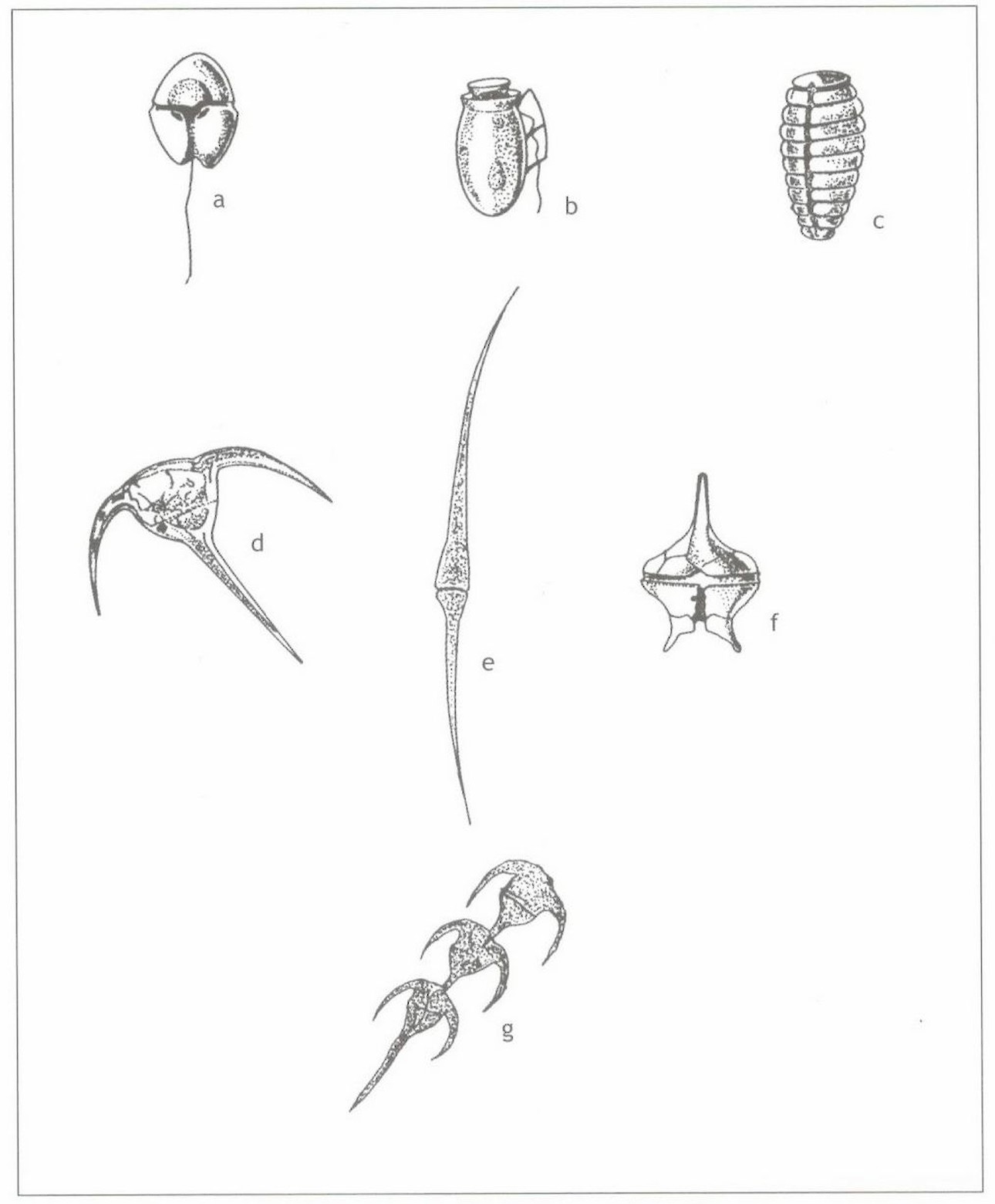
- 23.11 — 24.11 2020
- Teatro São Luiz - Sala Mario Viegas
- This is a free
- but ticketed event
- ages 12+
- 120 min
- in portuguese
Maria Lúcia Cruz Correia and Vera Mantero share their research in this performance-debate. They propose to raise awareness of our individual and collective sense of ecology, the understanding of environmental crimes, and the role of the rights of nature. Experts, lawyers, activists, artists, guardians of nature, and nature itself will be in conversation with each other. The format will be as strange as the bottom of the sea, involving restorative justice, a performance, whale sex, rituals, participation, silence, and a contract with the sea.
This presentation is part of an on-going research and creative process being developed in the context of the Terra Batida project. Due to the public health measures in effect in Belgium and Portugal, Maria Lúcia Cruz Correia will participate in this event via video conference. A final performative result will be presented in 2021.
This event includes the participation of jurist Maria Inês Gameiro (Nov 23) and curator and researcher Margarida Mendes (Nov 24).
Terra Batida is a constellation of people, practices and knowledge taking a stand against ecological violence and politics of abandonment. Local knowledge of socio-environmental conflicts combined with an active network create a context for resistance to extractive abuses and, also, for practices of care — speculation, fabulation, and building visions and reflections of the future for our weary, worn-out worlds. All Terra Batida events at the Alkantara Festival are free to attend.
By and with Maria Lúcia Cruz Correia, Vera Mantero
Participants Maria Inês Gameiro, Margarida Mendes, and other guests
Maria Lúcia Cruz Correia holds degrees in Graphic Design (ESAD, Portugal) and Performance and Scenography (APASS, Belgium). She creates autonomous, temporary platforms in collaboration with scientists, climatologists, activists, and lawyers. Her work is informed by discourses about the anthropocene, colonialism, climate crisis, and environmental crimes. From 2014-19 she was an artist-in-residence at Kunstcenturm Vooruit (Belgium) and her work was supported by the European project Imagine 2020.
Vera Mantero studied classical and contemporary dance and was a dancer in Ballet Gulbenkian from 1984 to 1989. She is one of the leading figures of New Portuguese Dance. She began choreographing her own work in 1987 and has presented her work in Europe, Argentina, Uruguay, Brazil, Canada, Chile, South Korea, USA, and Singapore. She has created performative installations, dance pieces, and co-commissioned thematic programmes addressing environmental and economic sustainability and citizenship. In 1999, Culturgest organised a retrospective of her work. In 2004 she represented Portugal at the São Paulo Biennial with Comer o Coração, co-created with Rui Chafes. In 2002, she received the Almada Prize and in 2009 the Gulbenkian Art Prize for her career in the arts. In 2018 she recognised by the Fundación Avina for her work towards environmental sustainability.
Maria Inês Gameiro holds a PhD in Law from the New University of Lisbon. She is a law consultant and researcher, having participated in several Portuguese and European projects. Her main research interest is how new developments in science and technology are generating tensions in law and public policy. Specifically, her research focuses on law of the sea, food law and the conflicts between the new technological developments and fundamental rights.
Margarida Mendes is a curator, researcher, and activist based in Lisbon. Exploring the overlap between cybernetics, ecology and experimental film, her research investigates the dynamic transformations of the environment and its impact on societal structures and cultural production. Through her collaborative practice, programming, and activism she explores alternative modes of education and political resilience. She was part of the curatorial team of the 11th Gwangju Biennale (2016) and 4th Istanbul Design Biennale (2018). In 2016 she curated Matter Fictions at Museu Berardo. She is a consultant with environment NGOs on maritime politics and deep-sea mining. She has directed several educational platforms, such as escuelita, an informal school at Centro de Arte Dos de Mayo, Madrid (2017); The Barber Shop project space in Lisbon dedicated to transdisciplinary research (2009-15); and the platform for curatorial research on ecology The World In Which We Occur (2014-18). She is a PhD candidate at the Centre for Research Architecture, Goldsmiths University of London with the project Deep Sea Imaginings. She is a frequent collaborator of the online channel Inhabitants.
Vera Mantero studied classical and contemporary dance and was a dancer in Ballet Gulbenkian from 1984 to 1989. She is one of the leading figures of New Portuguese Dance. She began choreographing her own work in 1987 and has presented her work in Europe, Argentina, Uruguay, Brazil, Canada, Chile, South Korea, USA, and Singapore. She has created performative installations, dance pieces, and co-commissioned thematic programmes addressing environmental and economic sustainability and citizenship. In 1999, Culturgest organised a retrospective of her work. In 2004 she...
Maria Lúcia Cruz Correia holds degrees in Graphic Design (ESAD, Portugal) and Performance and Scenography (APASS, Belgium). She creates autonomous, temporary platforms in collaboration with scientists, climatologists, activists, and lawyers. Her work is informed by discourses about the anthropocene, colonialism, climate crisis, and environmental crimes. From 2014-19 she was an artist-in-residence at Kunstcenturm Vooruit (Belgium) and her work was supported by the European project Imagine 2020.
Related articles:
- 15.11.2020
- Earthways
- Talks
Terra Batida
Terra Batida: Introducing the network
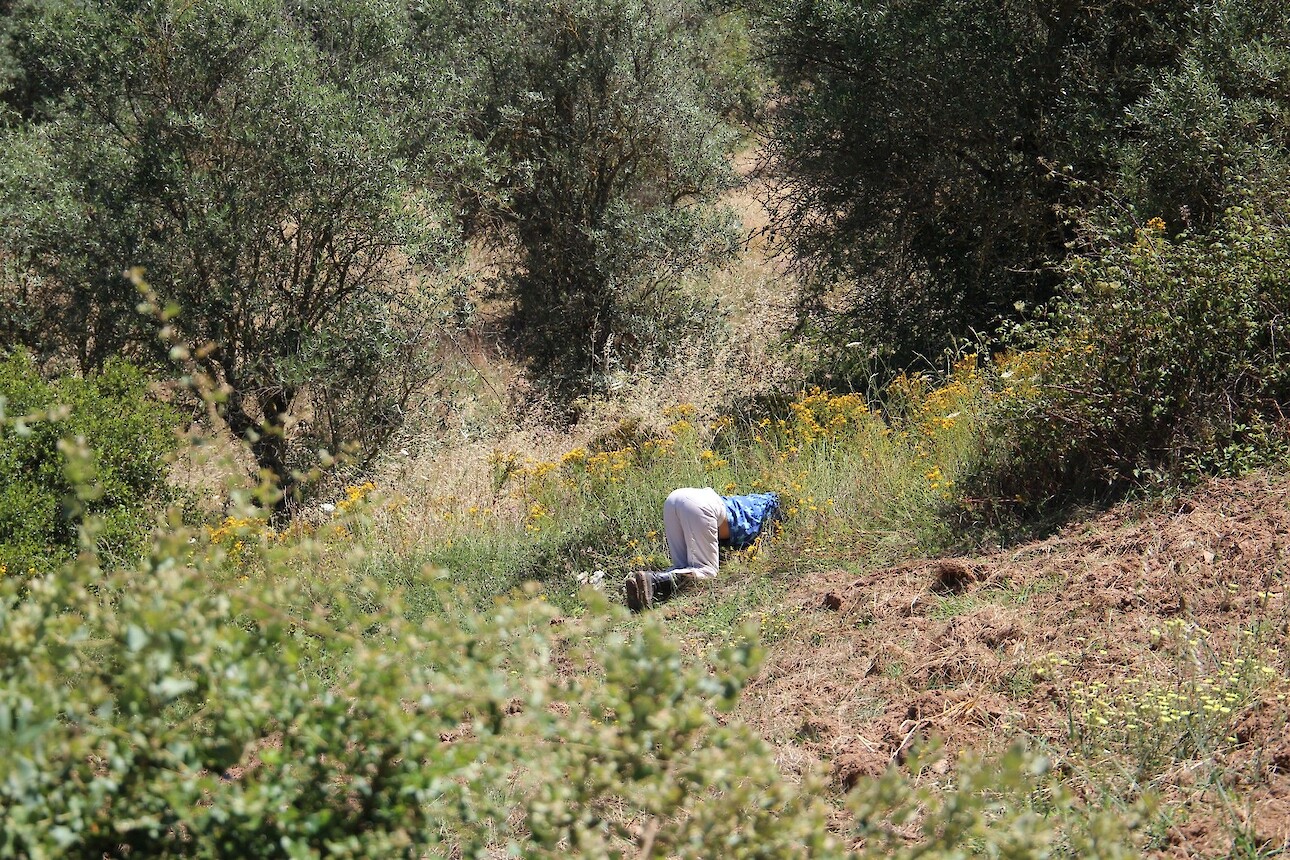
- SUN 15.11.2020 4:00 PM
- Earthways
- Talks
- 16.11 - 17.11.2020
- Performances
- Earthways
Joana Levi
Rasante [Terra Batida]
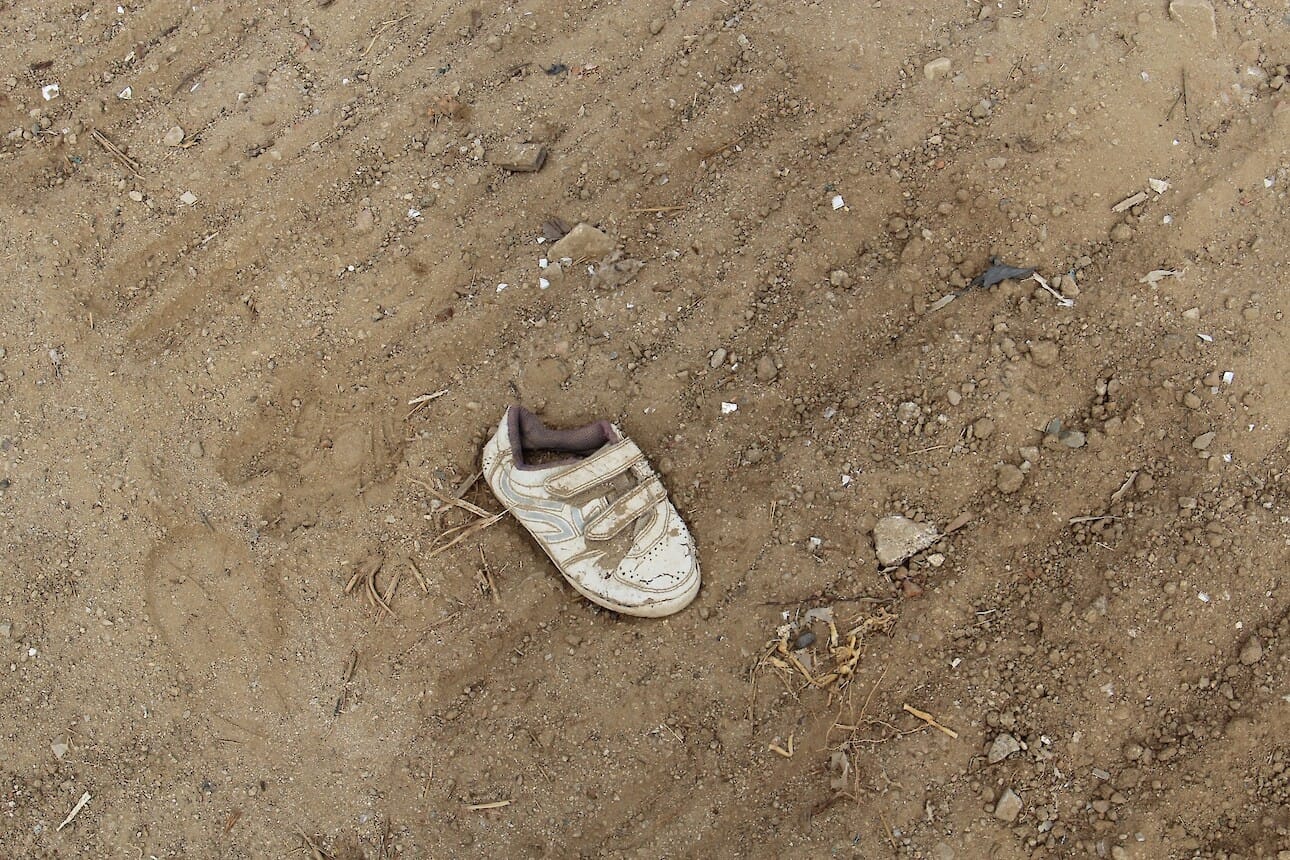
- MON 16.11.2020 7:30 PM
- TUE 17.11.2020 7:30 PM
- Performances
- Earthways
Double bill with Superintensiva by Marta Lança
- 26.11 - 27.11.2020
- Performances
- Earthways
Rita Natálio
Fóssil [Terra Batida]
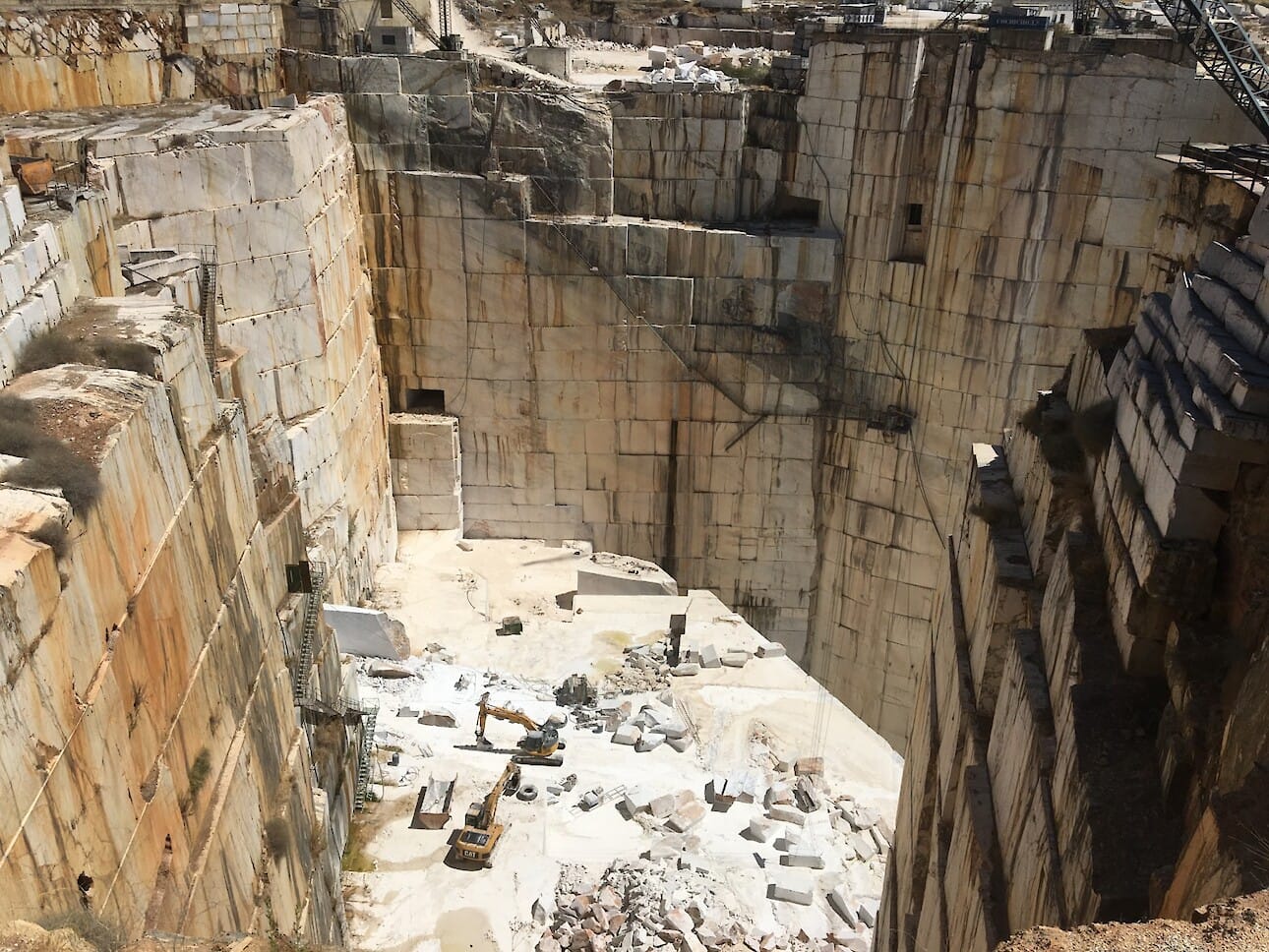
- THU 26.11.2020 6:30 PM
- FRI 27.11.2020 6:30 PM
- Performances
- Earthways
Followed by a conversation (in Portuguese) with João Ruivo [26.11], Climáximo (Carlos Godinho) and Greve Climática Estudantil (Andreia Galvão e Sofia Oliveira) [27.11]
- 20.11.2020
- Earthways
- Research
Ana Rita Teodoro
A Reading of Vegetable Beings [Terra Batida]
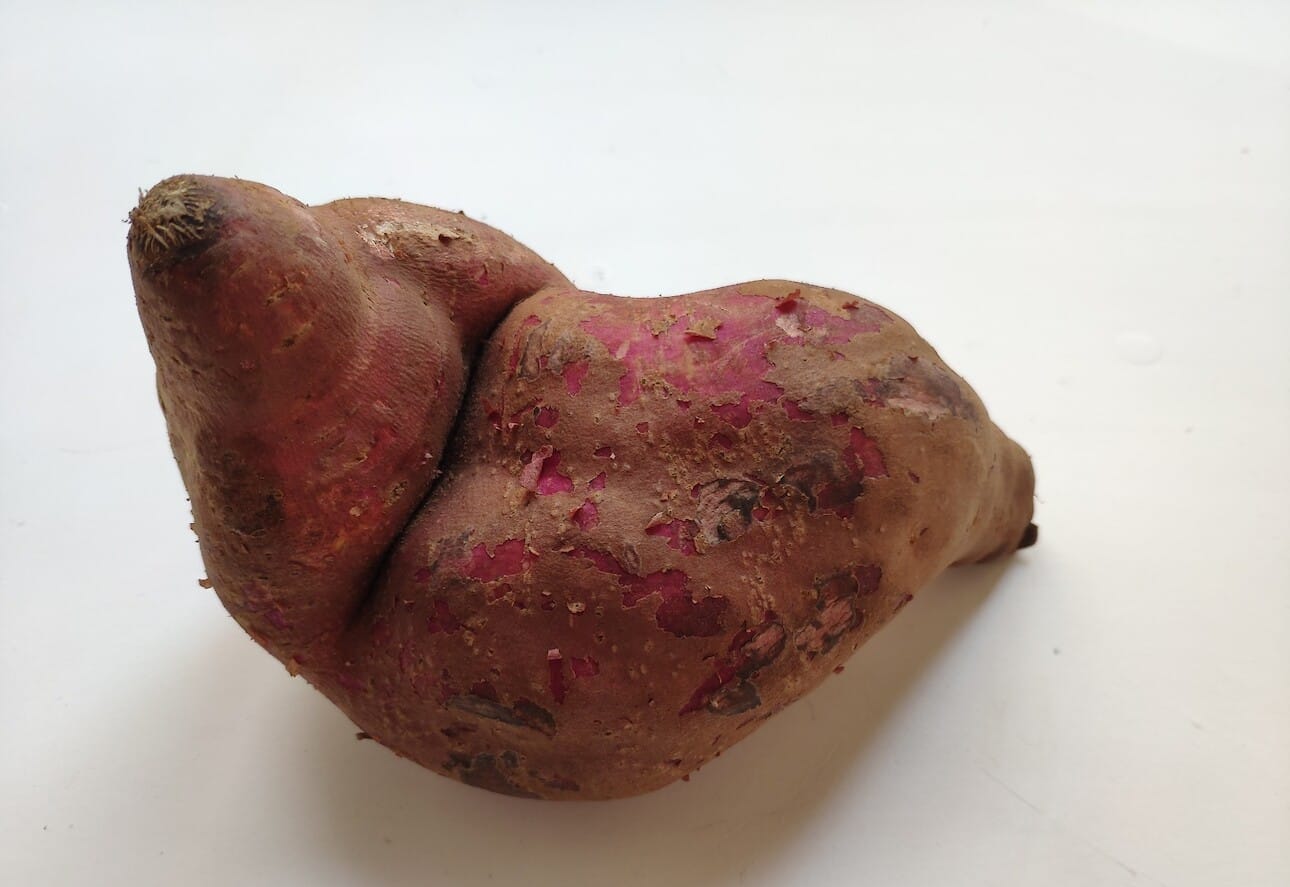
- FRI 20.11.2020 7:00 PM
- Earthways
- Research
A Reading of Vegetable Beings: oracles for the re-enchantment of the Earth
- 19.11.2020
- Performances
- Earthways
Sílvia das Fadas (with Francisco Janes)
Light, Blaze, Fulgor [Terra Batida]
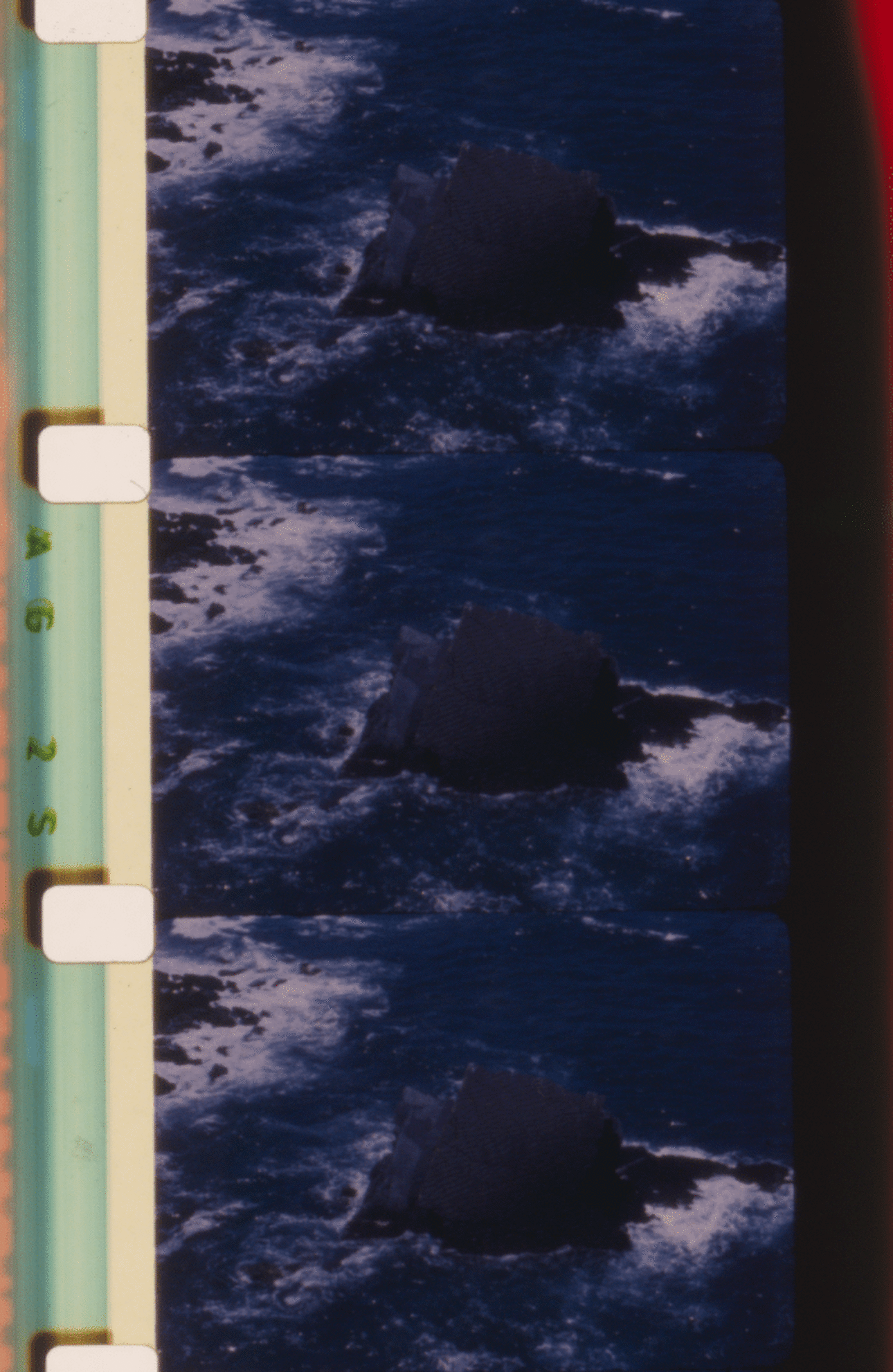
- THU 19.11.2020 7:00 PM
- Performances
- Earthways
Light, Blaze, Fulgor: Auguries for a Non-hierarchical Framing and Flourishing
- 16.11 - 17.11.2020
- Performances
- Earthways
Marta Lança
Superintensiva [Terra Batida]
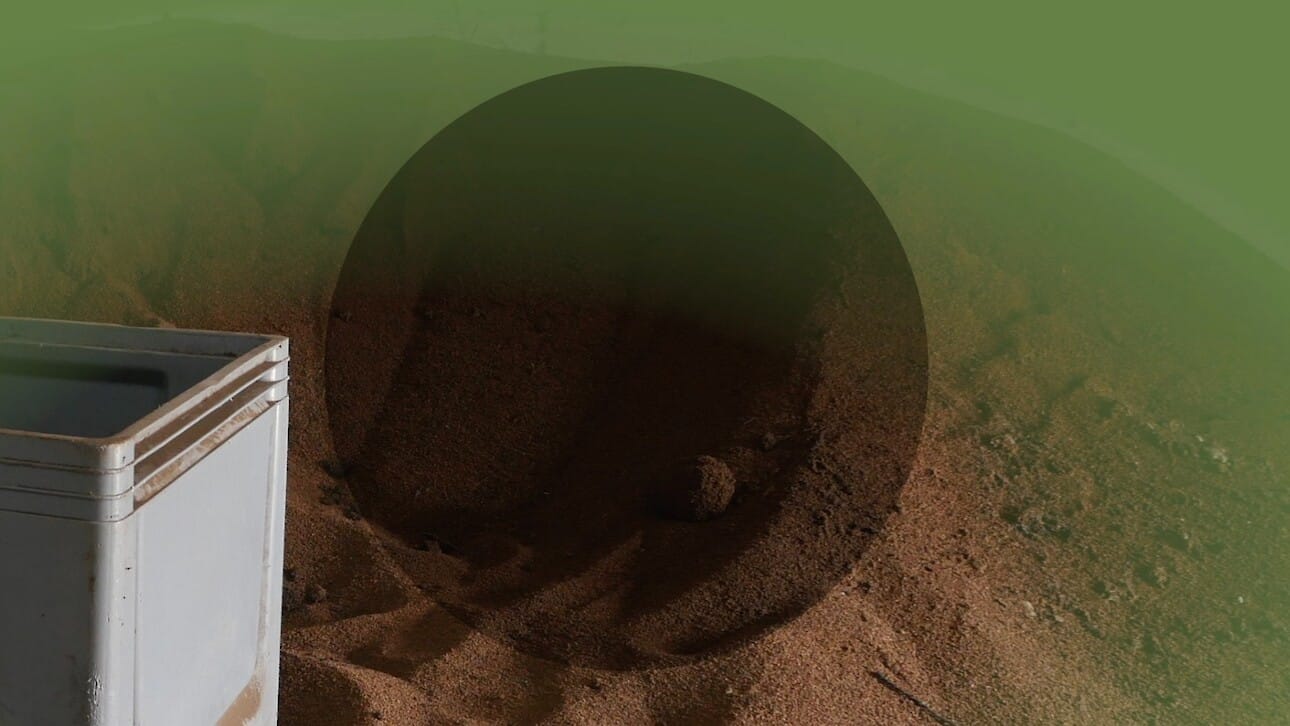
- MON 16.11.2020 7:30 PM
- TUE 17.11.2020 7:30 PM
- Performances
- Earthways
Double bill with Rasante by Joana Levi